- Have any questions?
- +86-189 8930 5995
- sales@mosinterchem.com.cn
Sodium Hyaluronate CAS 9067-32-7

Hydroxypropyl methyl cellulose CAS 9004-65-3
17/12/2018
Sodium oxalate CAS 62-76-0
17/12/2018Sodium Hyaluronate (CAS: 9067-32-7)
| Item | Index |
| Appearance | White powder or granular |
| D-glucuronic acid | ≥44.0% |
| Protein | ≤0.1% |
| Loss on drying | ≤10.0% |
| Transparency (0.1%solution) | ≥99.0% |
| PH(0.1% solution) | 5.5~7.5 |
| Heavy metal | ≤2×10-5 9/9 |
| Total aerobic plate count | ≤100 CFU/9 |
Basic Information
Sodium hyaluronate is the sodium salt of hyaluronic acid, a glycosaminoglycan
found in various connective, epithelial, and neural tissues. Sodium hyaluronate,
a long-chain polymer containing repeating disaccharide units of Na-glucuronate-
N-acetylglucosamine, occurs naturally on the corneal endothelium, bound to
specific receptors for which it has a high affinity. The polyanionic form, commonly
referred to as hyaluronan, is a visco-elasticpolymer normally found in the aqueous
and vitreous humour.
Medical uses
Sodium hyaluronate is used as a viscosupplement, administered through a series of
injections into the knee, increasing the viscosity of the synovial fluid, which helps
lubricate, cushion and reduce pain in the joint. It is generally used as a last resort
before surgery and provides symptomatic relief, by recovering the viscoelasticity of
the articular fluid, and by stimulating new production from synovial fluid. Use of
sodium hyaluronate may reduce the need for joint replacement. Injections appear to
increase in effectiveness over the course of four weeks, reaching a peak at eight weeks
and retaining some effectiveness at six months, with greater benefit for osteoarthritis
than oral analgesics. It may also be effective when used with other joints.
Sodium hyaluronate may also be used in plastic surgery to reduce wrinkles on the face
or as a filler in other parts of the body. It may be used in ophthalmology to assist in the
extraction of cataracts, the implantation of intraocular lenses, corneal transplants,
glaucoma filtration, retinal attachment and in the treatment of dry eyes.
Sodium hyaluronate is also used to coat the bladder lining in treating interstitial cystitis.
Contraindications
Sodium hyaluronate is contraindicated for people who are sensitive to hyaluronate
preparations, or when there are infections or skin disease at the injection site.
Adverse effects
Adverse effects are relatively rare when used to treat the joints.
When used in ophthalmological procedures, sodium hyaluronate may cause postoperative
inflammation, corneal edema or decompensation, and short-term increases in intraocular pressure.
Mechanism of action
Sodium hyaluronate functions as a tissue lubricant and is thought to play an important role in
modulating the interactions between adjacent tissues. Sodium hyaluronate is a polysaccharidewhich
is distributed widely in the extracellular matrix of connective tissue in man. It forms a viscoelastic
solution in water which makes it suitable for aqueous and vitreous humor inophthalmic surgery.
Mechanical protection for tissues (iris, retina) and cell layers (corneal, endothelium, and epithelium)
are provided by the high viscosity of the solution. Elasticity of the solution assists in absorbing
mechanical stress and providing a protective buffer for tissues. This viscoelasticity enables maintenance
of a deep chamber during surgical manipulation since the solution does not flow out of the open anterior
chamber. In facilitating wound healing, it is thought that it acts as a protective transport vehicle, taking
peptide growth factors and other structural proteins to a site of action. It is then enzymatically degraded
and active proteins are released to promote tissue repair. Sodium hyaluronate is being used intra-articularly
to treat osteoarthritis.
Physical and chemical properties
Sodium hyaluronate is an ophthalmic agent with viscoelastic properties that is used in
joints to supplement synovial fluid.
You must be logged in to post a review.

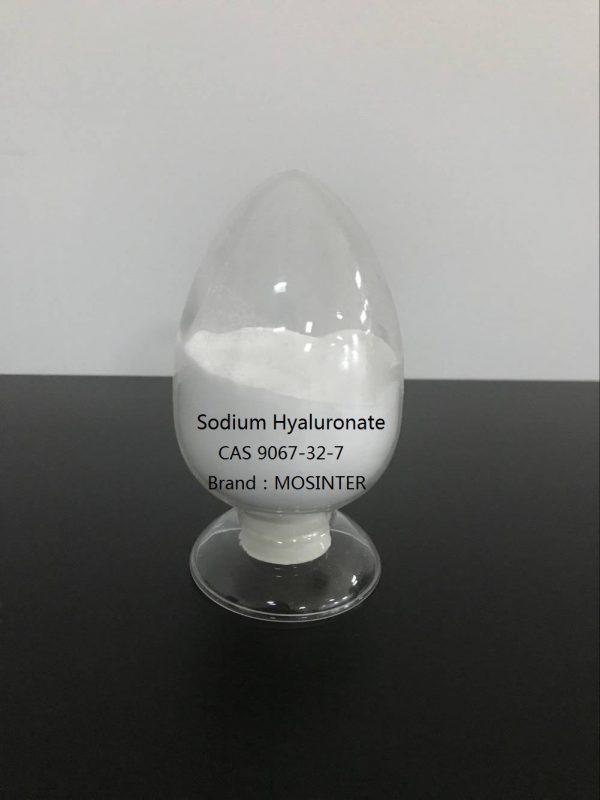
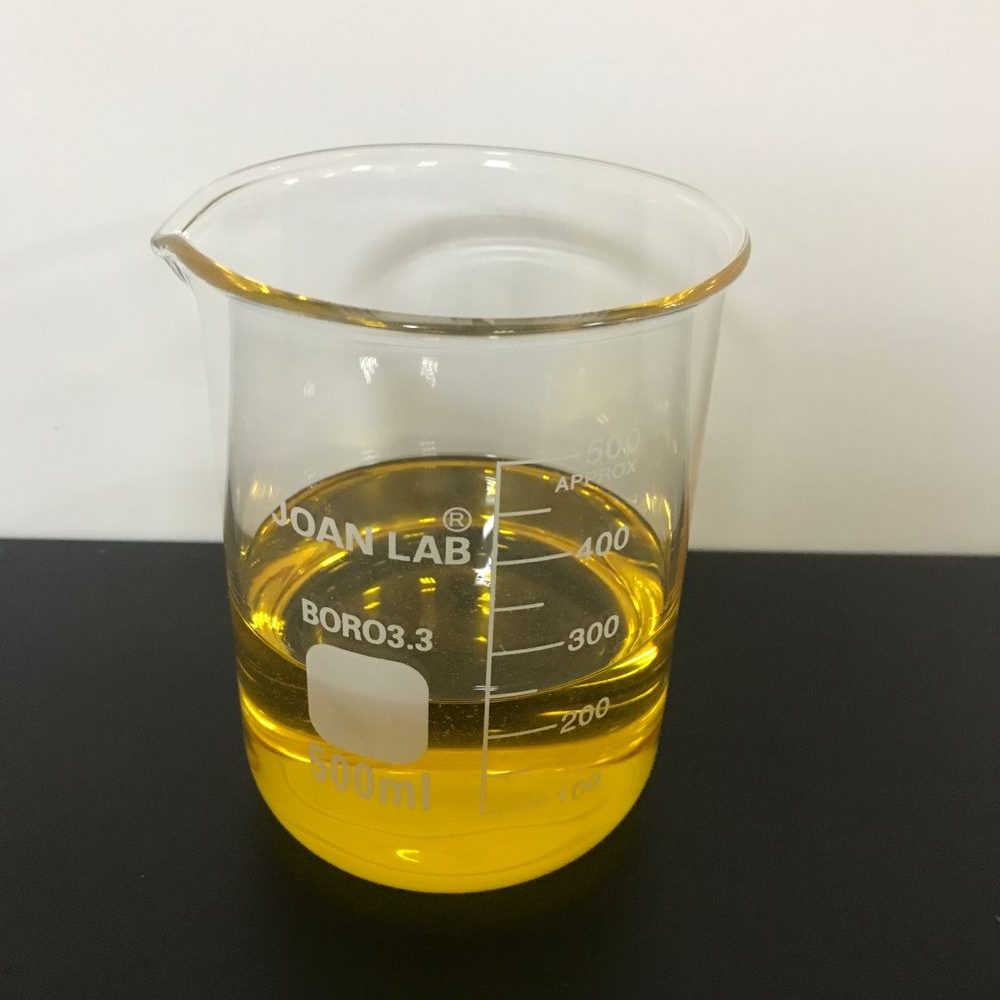
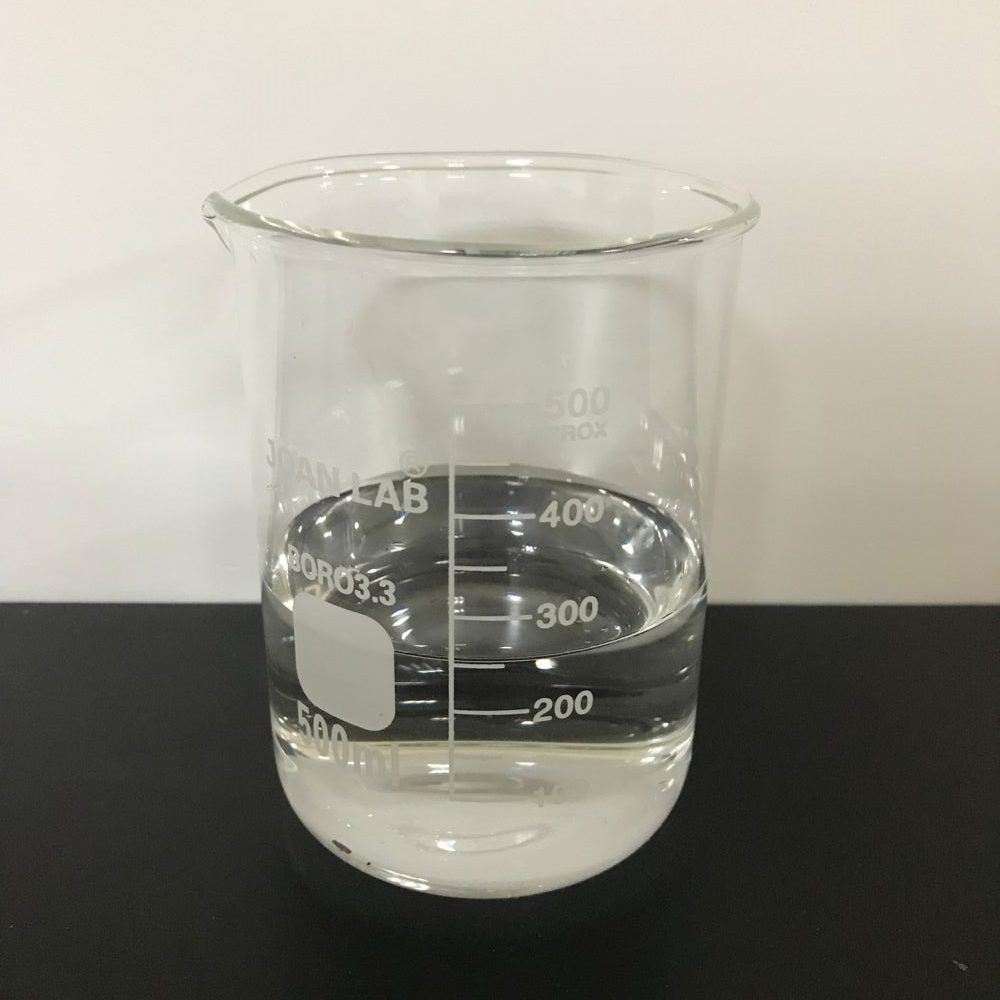
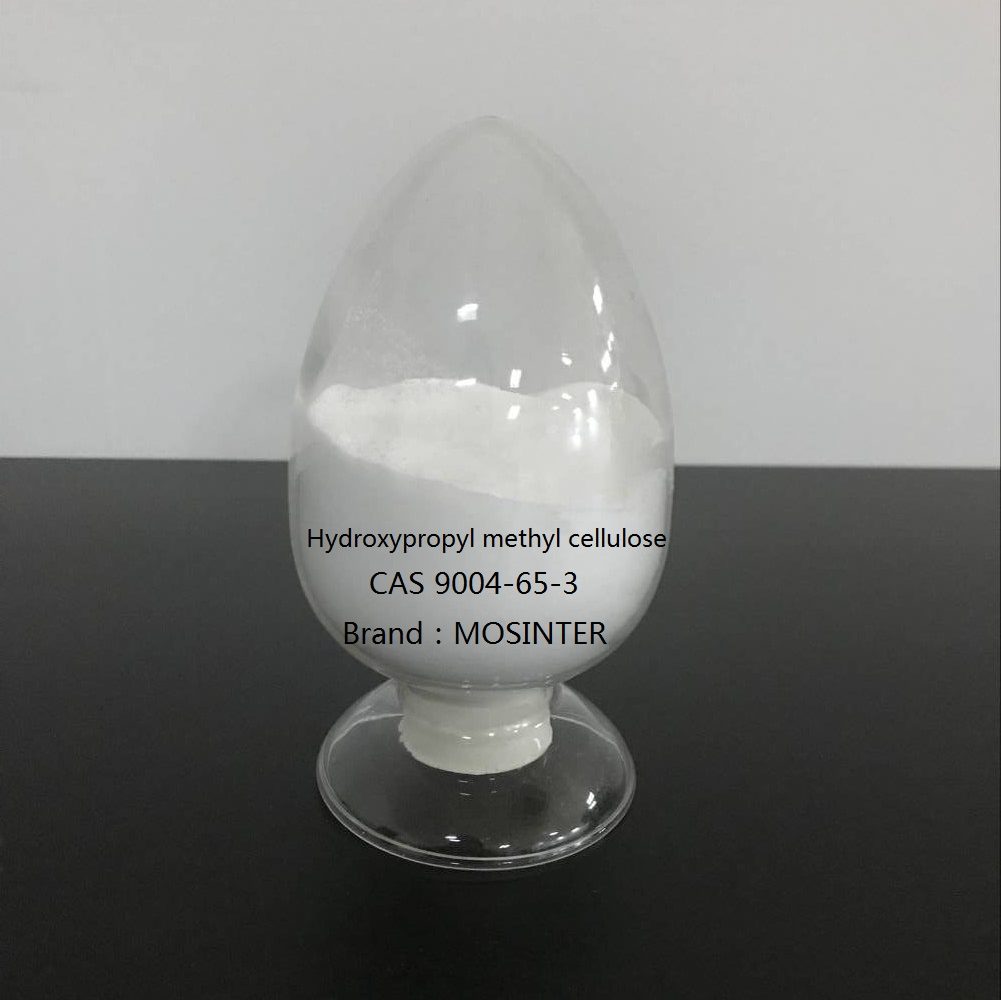
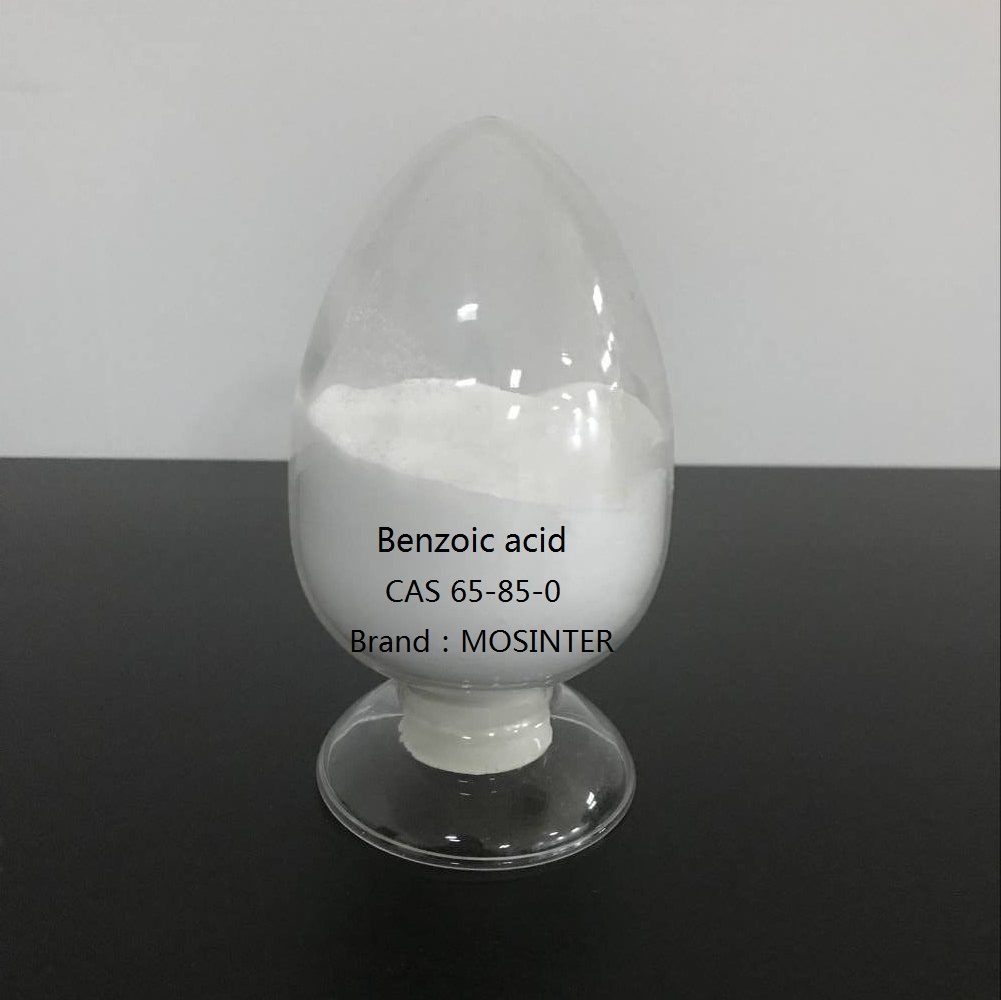
Reviews
There are no reviews yet.